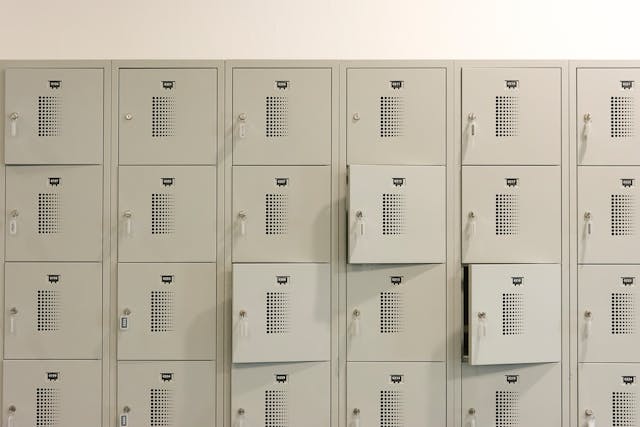A Step-by-Step Guide to Handling Bank Locker Access After Death
Losing a loved one is a difficult experience, and managing their affairs can often be overwhelming. One crucial task that may arise is gaining access to a deceased person’s bank locker. In India, accessing a deceased person’s bank locker is not as simple as having a key. Legal procedures need to be followed, and it’s essential to know your rights and the necessary steps to handle this matter correctly.
1. Understanding the Legal Framework for Accessing a Bank Locker
In India, the process of accessing a deceased person’s bank locker is governed by the Indian Succession Act and Bank’s policies. The law protects the assets of a deceased person, ensuring that only the rightful heir or legal representative can access the locker.
Did You Know, in case the deceased person did not leave a will, accessing the locker may take longer as the legal heir certificate or succession certificate must be obtained from a court, which can take time.
Key Steps to Legally Access a Bank Locker:
- Obtain the Death Certificate: The first step is to acquire the death certificate from the municipal corporation or the concerned authorities.
- Submit an Application to the Bank: After the death certificate is ready, the family member or legal heir should approach the bank to request access to the locker. Banks will require proof of relationship (such as a legal heir certificate, Will, or succession certificate) to ensure that the person requesting access has the legal right to do so.
2. Documents Required for Accessing a Deceased Person’s Locker
Before approaching the bank, ensure that you have the following documents in place:
- Death Certificate: This is the primary document needed to prove the individual is deceased.
- Proof of Relationship: You may need documents such as the deceased person’s will, succession certificate, or legal heir certificate.
- Original Bank Documents: If available, the deceased’s bank account details or any documentation relating to the locker are necessary.
- Identity Proof: A government-issued ID of the legal heir or representative.
Banks may have their own requirements, so it’s a good idea to call ahead and inquire about their specific process.
3. Procedure to Access the Locker
Once you’ve gathered all the necessary documents, here’s how you can proceed:
- Step 1: Visit the branch where the deceased person’s locker was held. It’s important to approach the same branch to avoid complications.
- Step 2: Submit the application along with the required documents to the bank. The bank will verify the documents before granting access.
- Step 3: If the deceased person had nominated someone for the locker, the nominee can directly access the locker with the submission of the nomination form, along with the death certificate.
- Step 4: If there’s no nomination, the legal heir or representative must provide a succession certificate or legal heir certificate to get access.
Once the bank is satisfied with the documentation, they will allow the legal heir or nominee to access the locker, either alone or in the presence of a bank official.
Required Documents for Accessing a Deceased Person’s Locker
| Document | Description |
|---|---|
| Death Certificate | Official certificate proving the person’s death. |
| Legal Heir Certificate | Issued by the court to prove the heir’s right to the assets. |
| Succession Certificate | Court-issued certificate for the rightful heir to claim the assets. |
| Will | If available, the deceased’s Will may help identify the legal heir. |
| ID Proof | Identity proof of the person requesting the locker access. |
| Bank Account Details | Documentation from the bank regarding the locker and account. |
Accessing a bank locker of a deceased person in India can be a complex process, but by following the legal procedures, gathering the necessary documents, and working closely with the bank, you can ensure that the process is as smooth as possible.
Disclaimer:
The information provided in this article is based on general astrological interpretations and is for informational purposes only. Astrology is a belief system and should not be considered a substitute for professional advice in financial, health, legal, or other important matters. The effects of Rahu in different houses may vary from person to person, and individuals are encouraged to consult with a qualified astrologer for personalized guidance.
